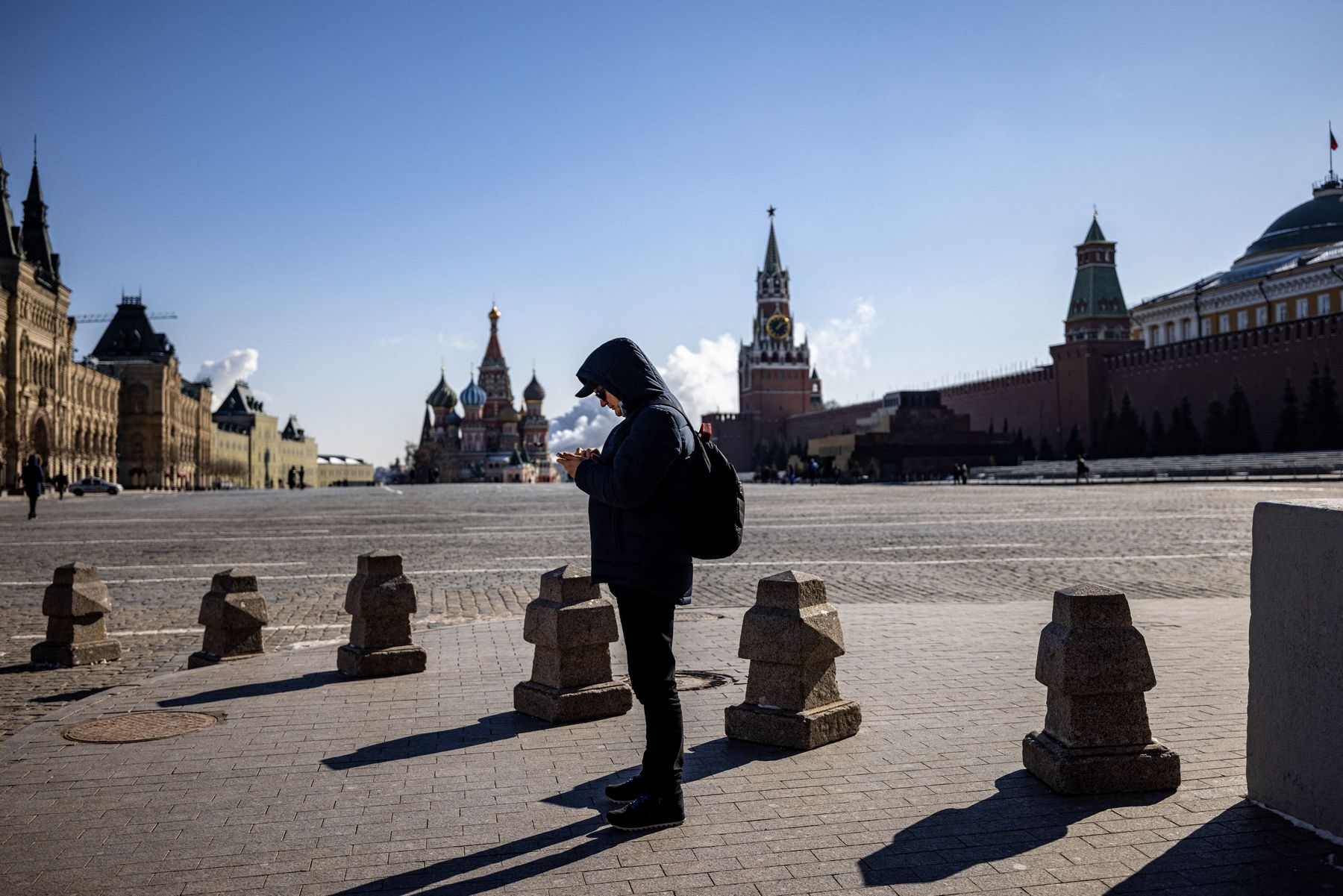Modern autocrats are modern not only because they have survived or even reversed the wave of democratization that just a few decades ago engulfed the globe. They are modern because they modernize. Alas, often not their economies. Rather, the tools of political communication and persuasion. Today much of that means harnessing digital technologies.
Already, an autocrats’ digital toolkit is quite elaborate. On the bright side, even in autocracies, digital tools are becoming preferred as a means for increasing peoples’ voice and access to policy making and service delivery. At best, they can help engage citizens in the rollout of public services.
Still, scholars of Soviet politics know all too well that issues of propaganda and political persuasion have always been central to regime maintenance. Much of the literature on digital tools so far in places like China or Russia focuses on the manipulative use of communication technologies and the manufacturing of consent. This ranges from television and news programming to social media, and various means of surveillance and censorship. Authoritarian governments rely on this to control the agenda, to divert attention, to claim credit for successes — or shift blame for failures.
Even so, scholarly focus on the manipulative use of communication technologies has been recently enriched by the studies that highlight the authoritarian governments’ use of these new technologies to revamp state-society relations and improve public service delivery. Under specific conditions autocrats can (as democratic governments also do) use digital technologies and online platforms to selectively improve governance, transparency and responsiveness to citizens’ demands. These trends have been first noticed in the studies of the Chinese government’s performance-driven legitimation. China’s government practices ‘consultative’ methods of governance and attends to citizens’ grievances, especially when such grievances are expressed through institutionalized mechanisms of communication. Online communication tools enhance the opportunities for individual engagement with the state. Online complaints, petitions, and voting on various issues is often a click away. Such engagement also gives the state an opportunity to show responsiveness and good performance.
The cases of authoritarian responsiveness discussed in China have produced observations about the factors associated with more responsive government reactions to citizen-articulated grievances. Normally such cases include only non-political issues and are specifically notable in the context of collective action threats as well as government officials’ career concerns. Some studies have also noted higher responsiveness being associated with economic modernization that, arguably, produces a greater demand for responsiveness.
Pothole management
A recent study of pothole management issues in Russia’s capital city of Moscow implemented by a team of three scholars (Nisan Gorgulu, Jevgenijs Steinbuks, and myself) also explores the issue of government reliance on digital participatory technologies to improve urban governance. Using big data-driven geospatial analysis, we investigate the electoral effects of urban residents’ complaints about road potholes in Moscow, a large metropolitan area of over twelve million residents.
Our analysis produced several findings. Not only the mayoral website but also independent opinion polls conducted by the Levada center show that many Moscovites are ardent users of digital platforms developed by the municipal government. Between 2012 and 2019, Moscovites filed over 200,000 complaints about potholes through the (Nash Gorod) portal. Most potholes in Russia appear in spring months, when the temperature switches and melting ice erodes the surface materials on the roads. So the number of complaints is highest around April, May and June. The municipal authorities are quick to react. More than half of complaints are resolved within eight days (as required by the city Resolution 762-PP). Our calculations show that over 80% of all pothole complaints are resolved within a two week window. All complaints are shown on the portal along with the response from a relevant city authority responsible for the road in question (usually in the form of a report about the resolution of an issue). We can be pretty confident that these reports are truthful because the very few attempts at presenting photoshopped results were publicly exposed and led to officials losing jobs.
Moscow’s mayor, Sergei Sobyanin, gets significant political dividends from residents’ engagement with the digital portal. The panel data analysis from two mayoral elections in 2013 and 2018 reveals that the more potholes are reported in Moscow’s different municipal districts, the more votes are given to the incumbent mayor and the greater is his margin of victory. The strategy of engaging residents in governing their city appears to work. The city authorities’ massive investments into the ‘smart city’ agenda and the urban infrastructure produce significant political benefits. We hypothesize that these political benefits come from how the city authorities have indeed developed a system of quick response to these complaints. Furthermore, quickly fixed potholes matter not only for residents who filed a complaint but, presumably, for thousands of other urban commuters who might have noticed the improvement. So in this case, a digital portal helps Moscow authorities to quickly identify the issues and resolve them.
Undoubtedly, Moscow is a very unique city in Russia for its economic, financial, and political significance. As noted by Natalia Zubarevich, an expert on Russian regions, ‘Moscow is not just rich; it is filthy rich!” Moscow’s budget comes to a fifth of the combined budgets of all other Russian regions. City investments into transport infrastructure and urban ‘beautification’ are massive. Also, potholes are only one of the many aspects of city life that residents can provide feedback on to their municipal authorities. The portal Nash Gorod engages Moscow residents on housing, courtyards and many other aspects of city life. But the city’s affluence and administrative capacity are unmatched in the country, which raises doubts whether the experience with using digital technologies in Moscow can be replicated in other cities in Russia.
Nonetheless, there are more signs that the Russian government is committed to the use of digital platforms for crowdsourcing information and, presumably, seeking political dividends from digitalization. A related study of Our Petersburg portal launched in 2014 found improved governance and better service provision as a result of the introduction of this new engagement mechanism with the city residents. The authors referred to electronic ‘pockets of effectiveness’ that can emerge after a period of initial institutional resistance to changes brought by the introduction of these new platforms for engaging with residents. Furthermore, in December 2020 the government created ‘centers for regional management’ (TsUR) in all Russian regions with the declared aim of collecting citizens’ complaints and reacting to them on time. Although it might be hard to easily replicate the successes of St. Petersburg and Moscow, we can expect that their experiences with e-government are already attempted to be implemented in other large Russian cities with high levels of human capital, and well-functioning bureaucratic structures, especially if there is political will and leadership support behind such initiatives.










